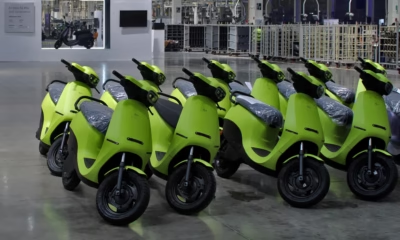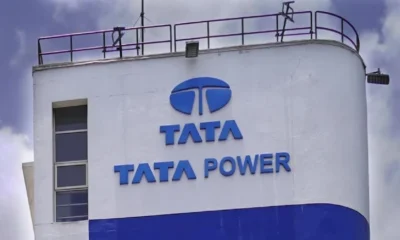Ford CEO Warns: AI to Eliminate 50% of White-Collar Jobs in the US
The fear of artificial intelligence displacing human workers is no longer confined to academic debate or speculative think pieces. Some of the world’s top business leaders are sounding stark warnings about the future of work—and the latest voice to join the growing chorus is Ford Motor Company CEO Jim Farley. Speaking at the Aspen Ideas Festival, Farley made one of the most direct and sobering predictions yet: AI could eliminate up to 50% of all white-collar jobs in the United States within a few years.
“Artificial intelligence is going to replace literally half of all white-collar workers in the US,” Farley told author Walter Isaacson during a candid conversation. “AI will leave a lot of white-collar people behind.”
His comments come as generative AI tools continue to grow in sophistication, moving beyond rote tasks to increasingly complex roles in industries like finance, law, healthcare, and even technology itself. Once seen as a way to improve productivity, AI is now being framed as a potential existential threat to many administrative, managerial, and technical roles.
Farley’s blunt assessment reflects a rising tide of concern among corporate leaders. In May, JPMorgan Chase’s Marianne Lake told investors that the bank expects a 10% reduction in operations headcount due to automation and AI integration. Similarly, Amazon CEO Andy Jassy, in a June memo, said AI is a “once-in-a-lifetime” technology that will inevitably reduce the need for many roles currently occupied by humans. “We will need fewer people doing some of the jobs that are being done today,” he stated.
Dario Amodei, CEO of leading AI startup Anthropic, echoed the same sentiments in a May interview, predicting that half of all entry-level jobs could disappear within just one to five years. He warned that the U.S. unemployment rate could spike to between 10% and 20% if AI-driven disruption is not handled responsibly. “We need to stop sugarcoating the situation,” Amodei said, calling on business leaders and policymakers to plan for massive workforce upheaval.
These dire predictions are forcing companies, workers, and governments alike to reassess the timeline and scope of AI’s impact. The narrative is quickly shifting from “AI as a productivity booster” to “AI as a structural disruptor.”
But not everyone agrees with the doomsday outlook. OpenAI CEO Sam Altman, whose company is behind ChatGPT, has taken a more balanced view. In an interview with Bloomberg, Altman acknowledged that AI would “definitely” take away some jobs—but added that it would also create many new ones. “AI is for sure going to change a lot of jobs,” he said, noting that the transition would likely happen in two phases. “AI will totally take some jobs away and create a bunch of new ones.”
Altman’s optimism, however, offers little immediate reassurance to workers in traditional white-collar roles, many of whom are already witnessing early signs of job restructuring. As AI integration accelerates across industries, questions about economic displacement, retraining, and workforce adaptation are becoming more urgent.
Whether AI proves to be a net job destroyer or creator, one thing is clear: the workplace of the near future will look radically different—and it’s approaching faster than many expected.
IT.




























